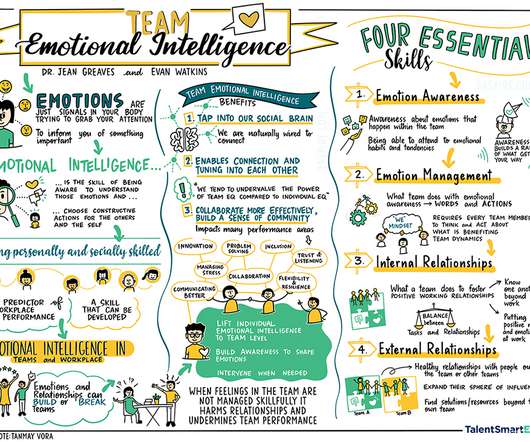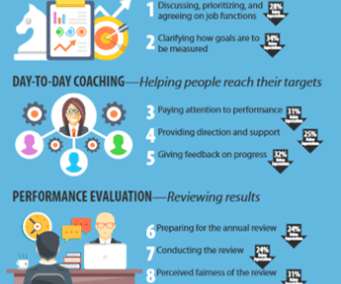Fostering Team Emotional Intelligence
QAspire
JUNE 27, 2022
Tuning into team emotions, fostering productive work relationships, building trust, and building a conducive environment within the team is the constant work of leadership. Here is a high-level summary of the context as well as four skill areas of team emotional intelligence in form of sketchnote.




















Let's personalize your content